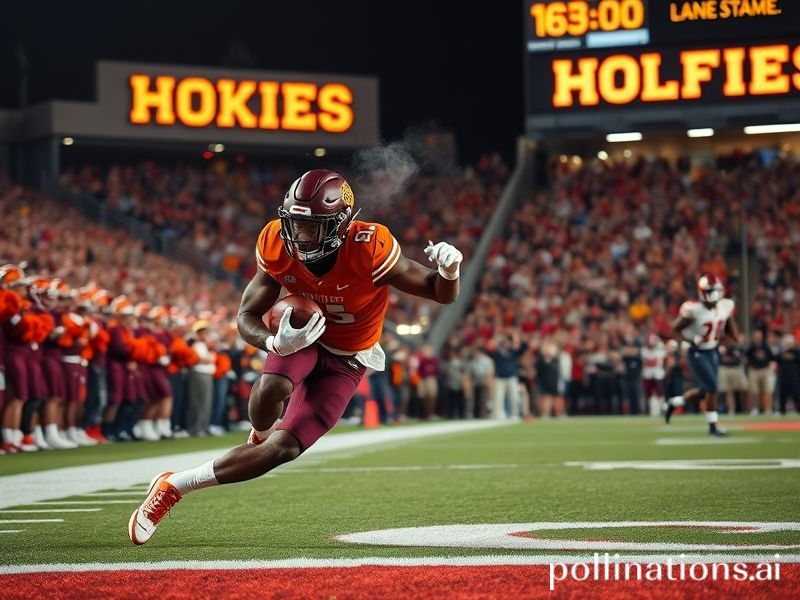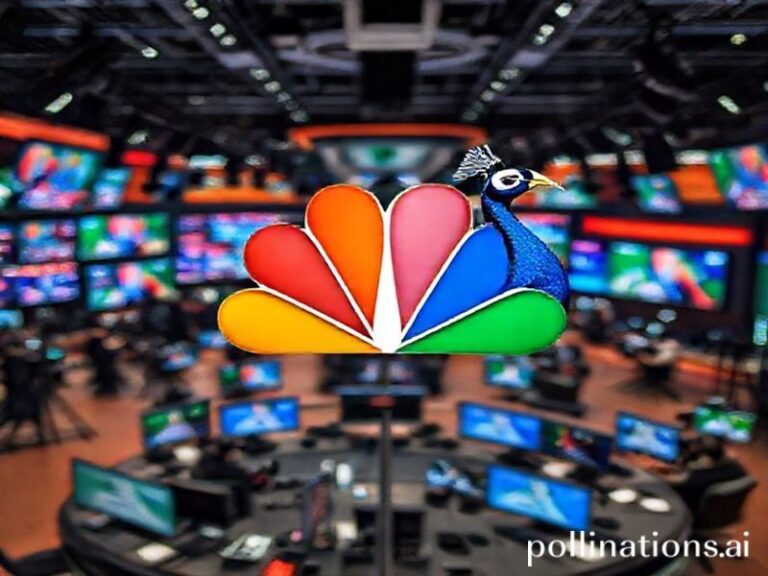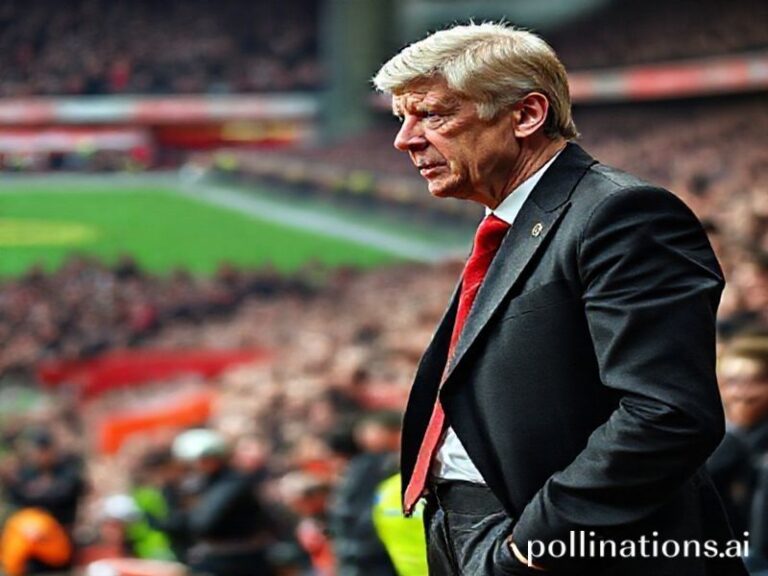Virginia Tech Hokies: How a College Football Team Became a Global Geopolitical Plaything
An American Football Program, a Mongolian Coal Mine, and the Fate of the Free World
How the Virginia Tech Hokies Became an Unlikely Geopolitical Thermometer
Blacksburg, Virginia—population 44,000, elevation 2,080 feet, average emotional altitude somewhere between manic hope and existential dread—is hardly the place you’d look for a barometer of planetary health. Yet every autumn, when the Hokies jog out of Lane Stadium to the metallic growl of Metallica’s “Enter Sandman,” traders in Singapore oil pits, shepherds on the Mongolian steppe, and Eurocrats in Brussels conference rooms all pause for a collective, if largely unconscious, micro-adjustment. Why? Because Virginia Tech football is a tiny but revealing cog in the great global machine that converts youthful cartilage, broadcast rights, and alumni nostalgia into soft power, hard cash, and, occasionally, a fleeting sense that the world still makes sense.
Let’s begin with the obvious: no one in Ulaanbaatar is staying awake until 4 a.m. to watch the Hokies edge past Boston College in a rain-slicked 17-14 slog. But the same satellite packages delivering that soggy spectacle also carry Premier League goals, K-pop comebacks, and Bundesliga analytics, all woven together by the same fiber-optic spider web that undergirds modern capitalism. When ACC media payouts ballooned to $72 million per school last year, part of that digital gold rush was underwritten by Chinese streaming conglomerate Tencent, which happily sells Hokies ads to viewers who couldn’t pick Blacksburg out on a map but can smell American collegiate pageantry the way sommeliers detect oak. In short: your cousin’s tailgate bratwurst is now a pawn in Sino-American soft-power ping-pong. Congratulations.
Then there’s the matter of labor, the quaint euphemism universities use for “young men risking CTE for tuition discounts.” The Hokies roster currently lists players from Canada, Germany, Australia, and—thanks to a defensive tackle from Lagos—Nigeria. That global talent pipeline keeps tuition dollars flowing and defensive lines stout, but it also exposes the NCAA’s grand bargain: come harvest our academic brand equity, just don’t ask for a cut of the TV revenue. It’s the same extractive calculus that props up cobalt mines in the DRC and fast-fashion factories in Dhaka, only with more face paint and less sulfuric acid.
Meanwhile, back in the Commonwealth, the university’s Corporate Research Center quietly churns out drone-guidance software and hypersonic missile prototypes for the Department of Defense. Each Saturday touchdown thus doubles as a taxpayer-funded morale video for the military-industrial complex. Somewhere in Arlington, a three-star general is texting a lobbyist: “Love how the special teams unit executed that fake punt—reminds me of our Pacific pivot strategy.” If that sounds cynical, remember the halftime flyover last season featured an F-35 whose per-hour operating cost could finance the entire football program for a week. Priorities, darling.
Of course, the Hokies’ global footprint isn’t all imperial gloom. The team’s annual charity trip to the Dominican Republic—where players hand out cleats and Instagram their piety—helps offset carbon emissions that the program itself will never meaningfully reduce. Think of it as carbon indulgence purchased with hashtag penance: #HokiesHelp. Meanwhile, alumni chapters from Dubai to Dublin host 3 a.m. watch parties, bonding over lukewarm Guinness and shared memories of a campus most of them last saw through a beer haze. The resulting diaspora network funnels donations back to Blacksburg, ensuring the next crop of linebackers can major in turfgrass management with a minor in drone warfare.
So what does it all mean? Simply this: in a world where microchips are the new oil and TikTok is the new opium, a middling college football program in the Blue Ridge is less an escape from reality than a fun-house mirror of it. Every play-action pass is a miniature trade deal; every blown coverage, a diplomatic incident. And when the final whistle blows, the scoreboard reads less like a tally of touchdowns than a reminder that even here, in the misty Allegheny foothills, the global supply chain of spectacle and sentiment grinds on—chewing up cartilage, spitting out content, and asking, politely, that you renew your season tickets.
Sleep tight, Hokies fans. The world is watching. Whether it’s impressed is another matter entirely.







